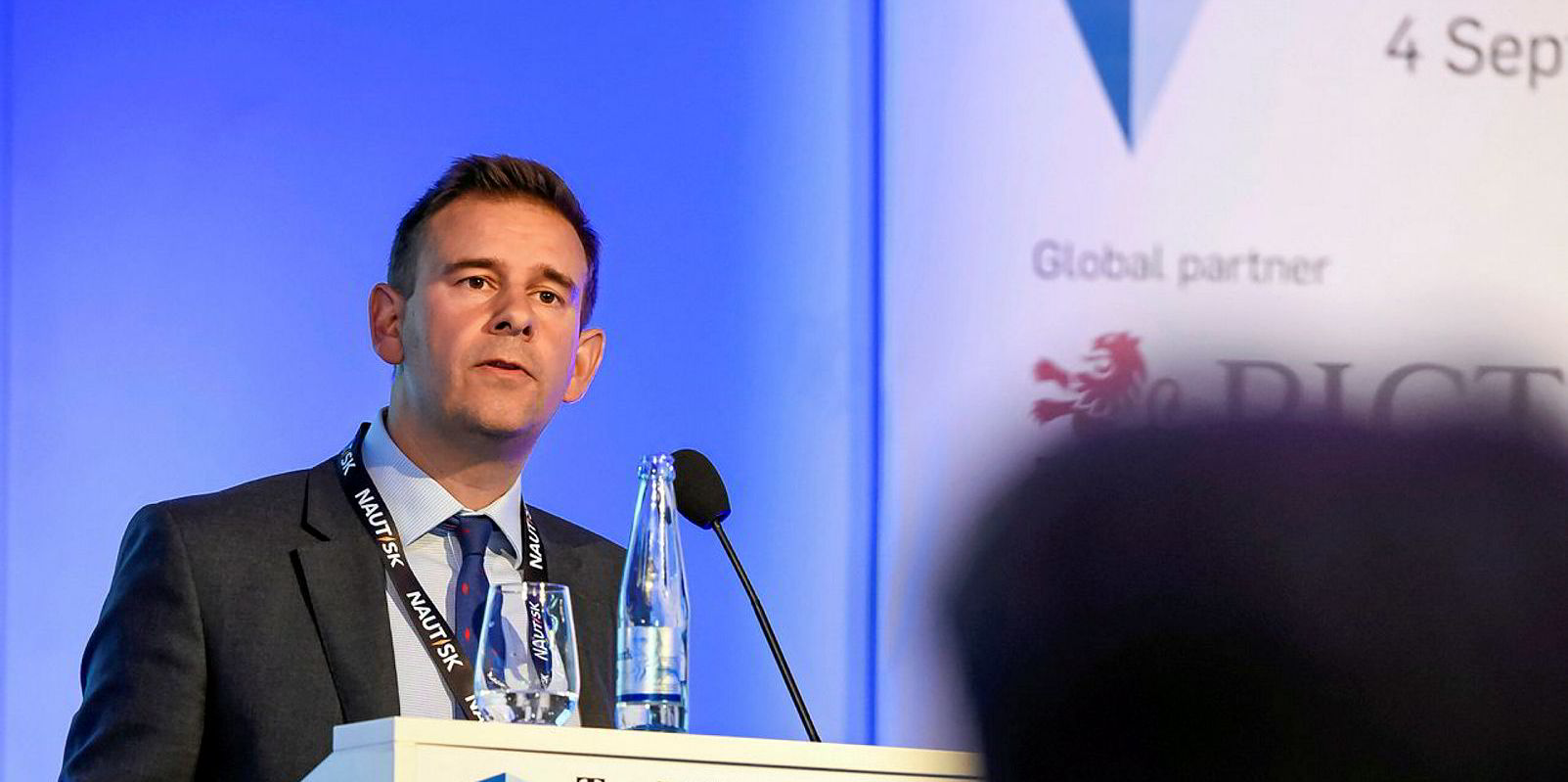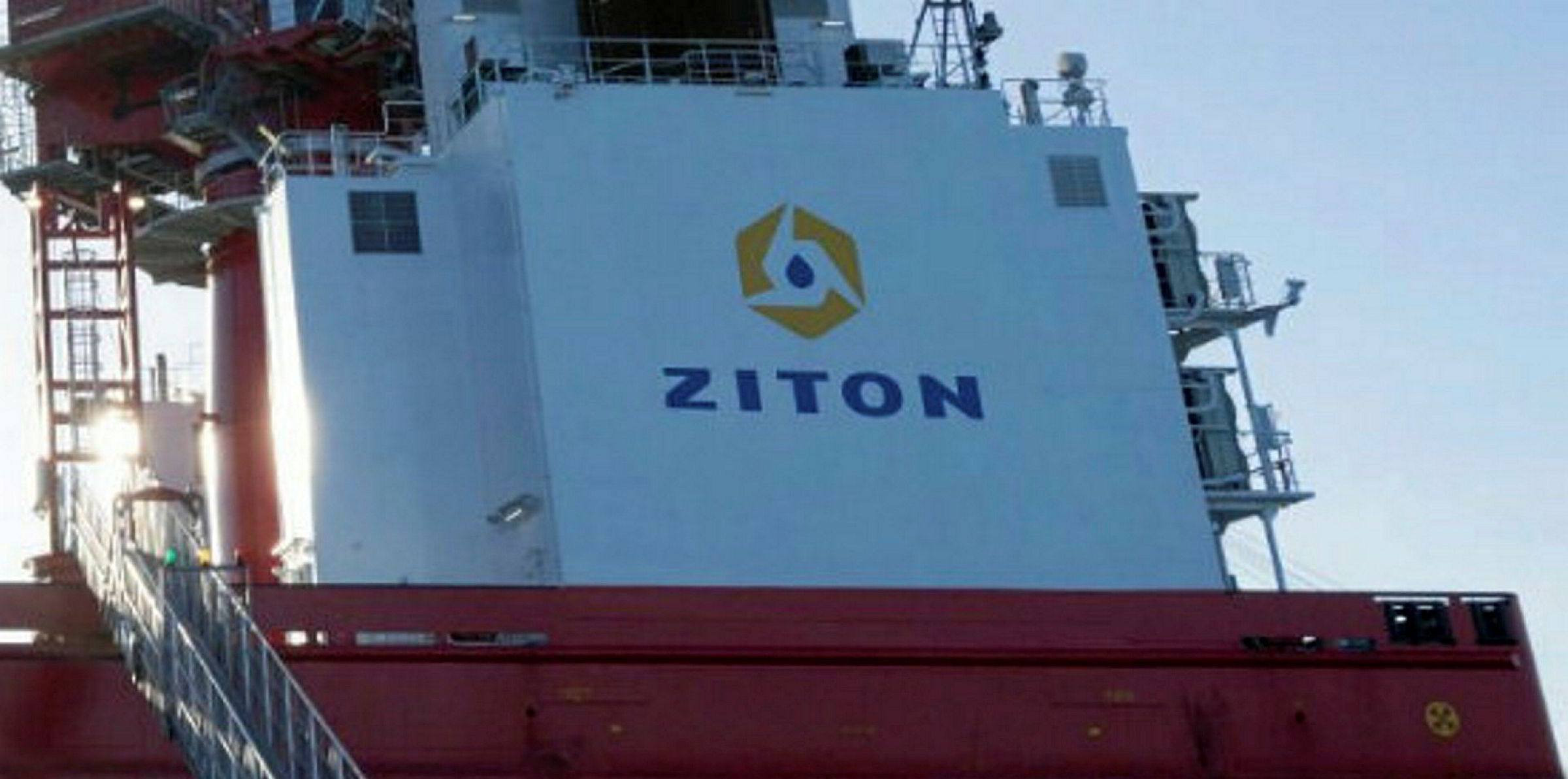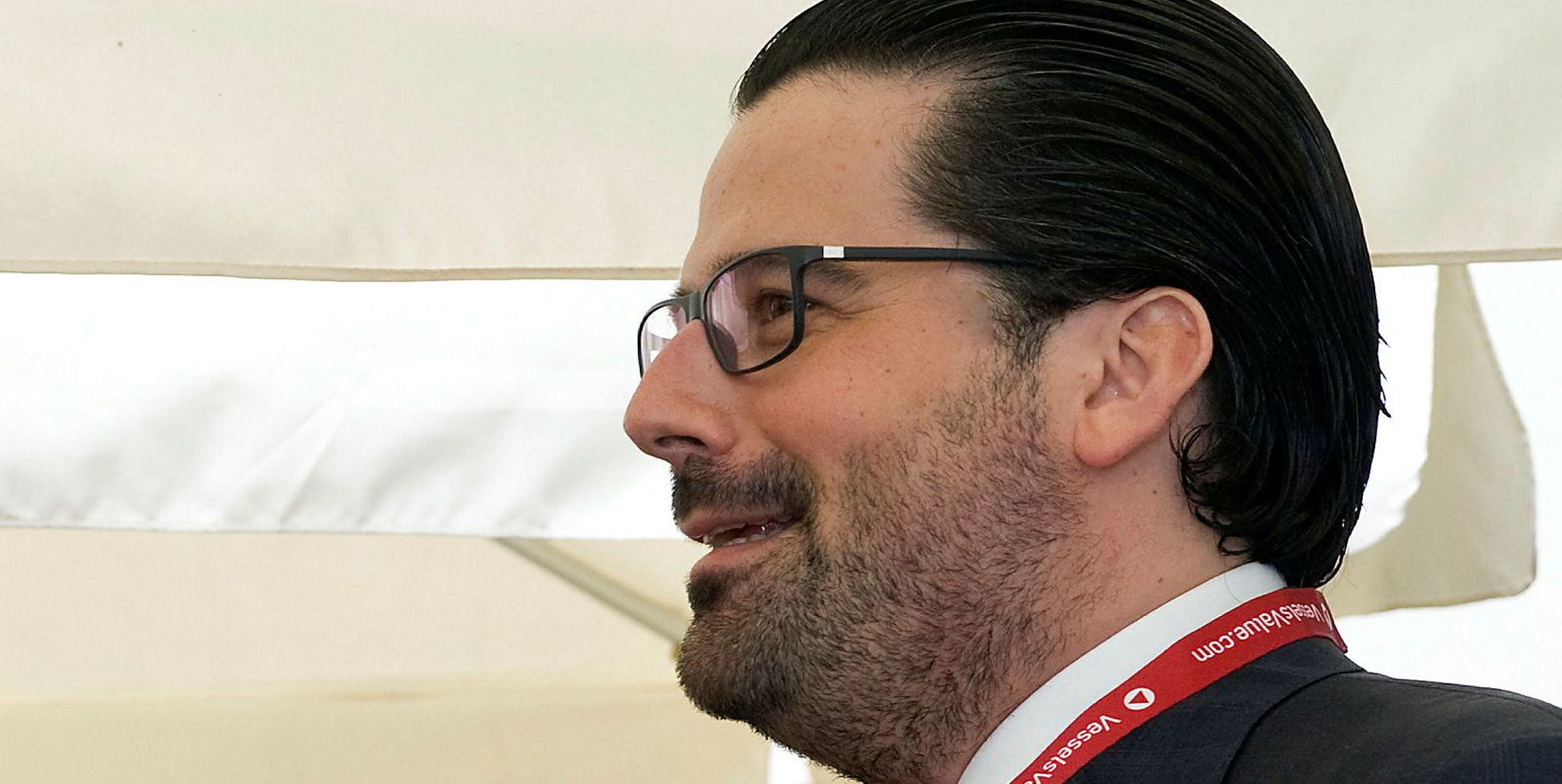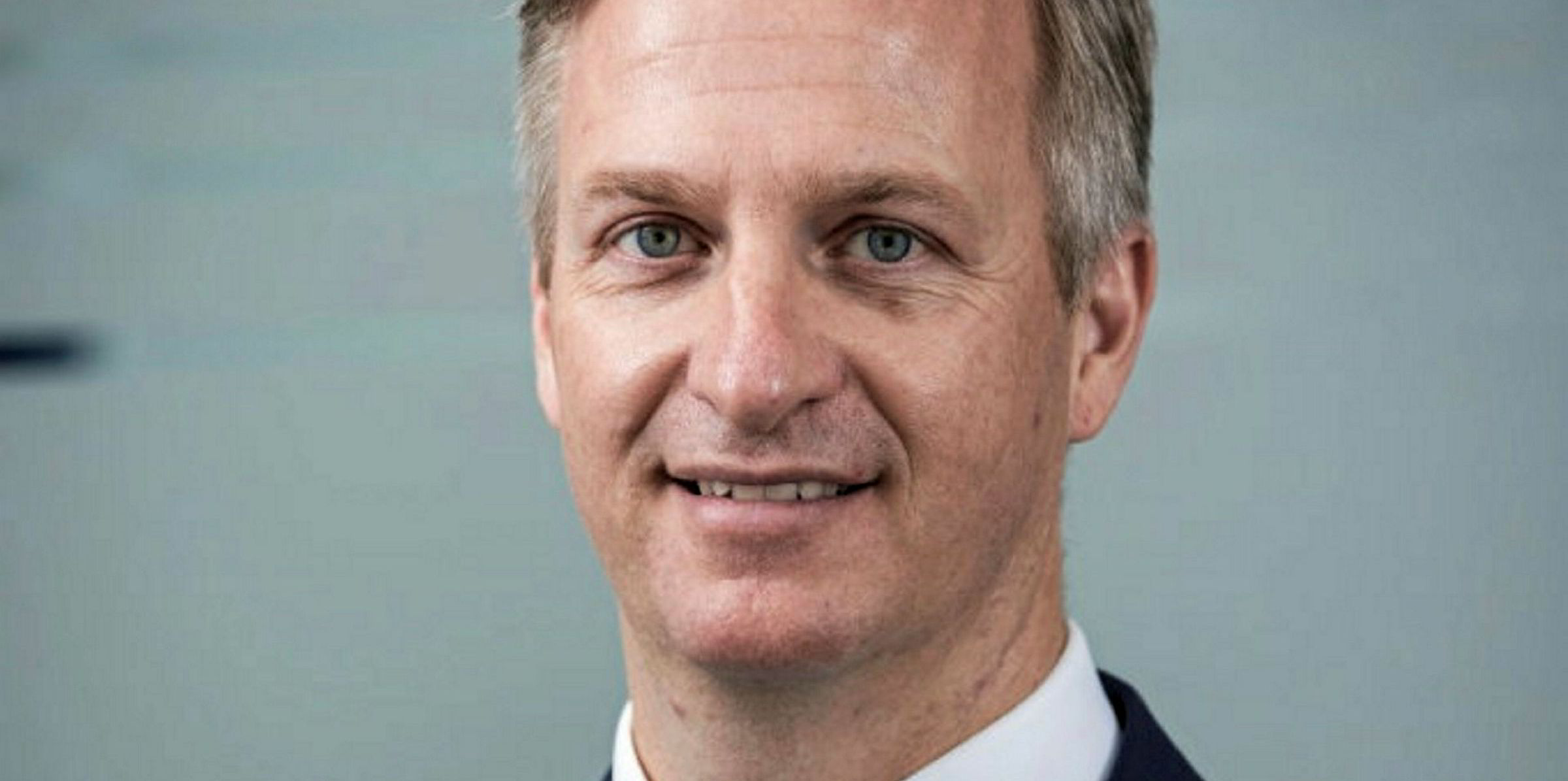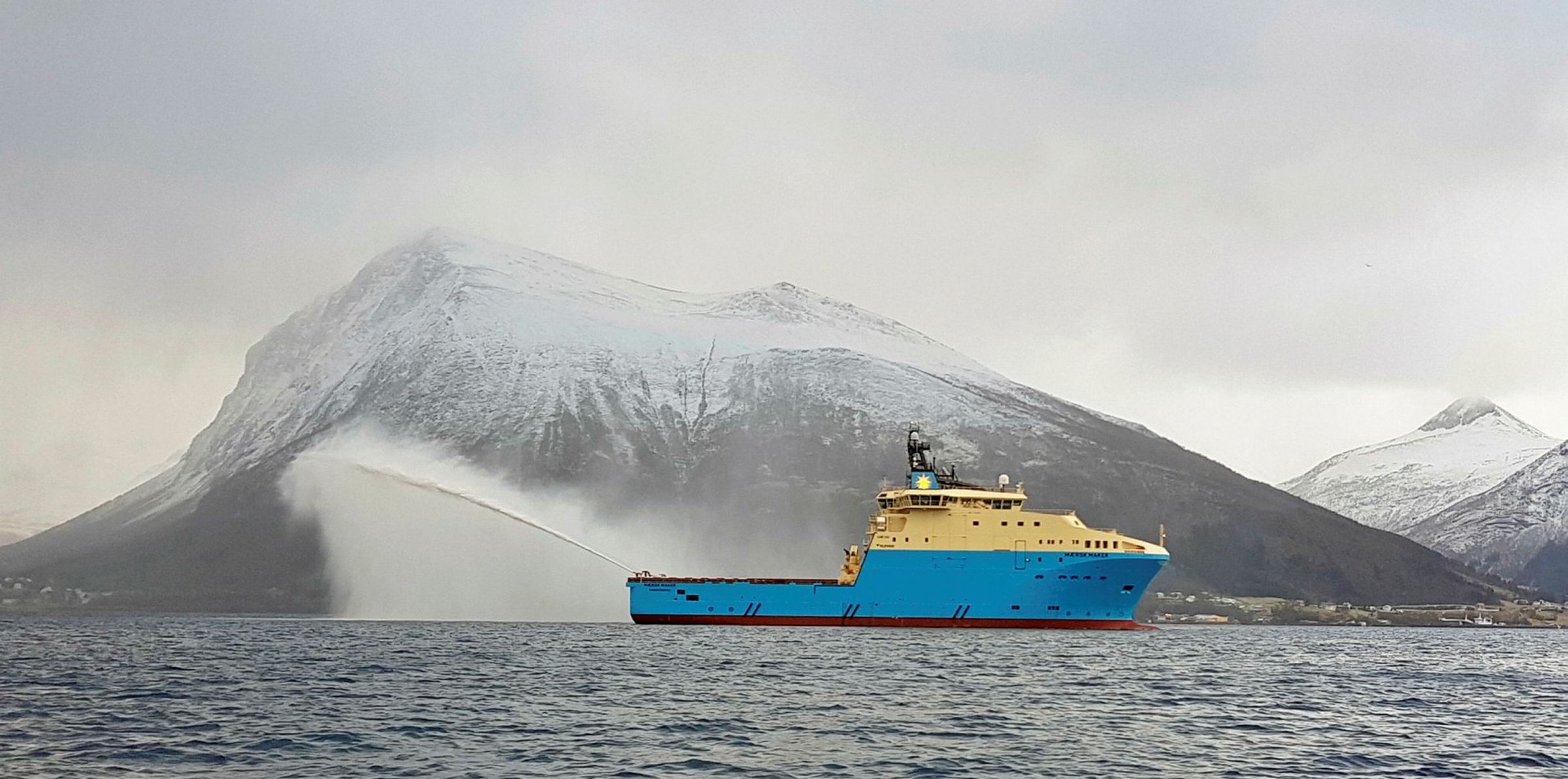Offshore support vessel owners continue to face challenging markets as conditions deteriorate worldwide, according to Clarksons Research.
In its latest six-month offshore market report, the UK company revealed some stark figures for the year to date, as the oil price falls and Covid-19 restrictions slashed demand in the energy sector.
The downturn has affected the OSV market a little more slowly than rigs so far, Clarksons said, except in the more liquid North Sea spot market.
Large platform supply vessel term rates are down 43% so far this year, while spot rates in the North Sea have trended towards operating costs.
Other regional offshore support vessel markets have begun to soften more slowly, not least because of the difficulties in laying-up vessels during the pandemic-related travel disruption, the company said.
Usage down so far, but North Sea sees upturn
OSV utilisation has slipped to 59% on average this year and the Clarksons OSV rate index is down 14%.
But the North Sea market picked up in September, with tonnage supply tighter as vessels had been removed through lay-ups, conversions or redeployment.
Norway's Westshore Shipbrokers is pegging PSV numbers at £17,000 ($21,700) per day and anchor-handling tug supply ships at £28,000 per day.
“Six months ago, we warned of a bumpy ride ahead,” Clarksons managing director Steve Gordon said. “Renewables aside, this remains the case, with logistics, restructuring, utilisation and day rates all challenging.
“Although energy market rebalancing seems to be progressing, questions around offshore reserves depletion, financing models and, increasingly, energy transition, add further uncertainty.”
Challenges in subsea also remain, but the backlog is holding up a little better than first feared, helped by wind work, the company added.
Wind turbines providing hope
"Offshore renewables has continued its accelerated growth phase despite the pandemic, with record investment committed across the first half," the report said.
"Progress towards internationalisation, larger turbines, floating farms and a greener wind fleet is increasing demand for specialised newbuild vessels to support future installations."
And Clarksons added: "Post-Covid-19 fiscal stimulus and planning may further promote low-carbon energy sources."
In terms of production vessels, there have only been four final investment decisions for new floating production, storage and offloading vessels this year.
Clarksons views these as having been delayed not cancelled, while a production focus in regions such as Brazil continues.
'Unprecedented shock'
Decommissioning activity may pick up, the company added.
Gordon said: "The impact of the pandemic on energy markets has been unprecedented and for the offshore oil and gas sector, which produces 17% of global energy, markets have inevitably become stressed as offshore rates and utilisation unwind towards 2016 levels."
There was a 17m barrel-per-day (bpd) drop in oil demand in the second quarter.
The drilling rig market has been rapidly affected by the downturn, with at least 98 contract cancellations or revisions recorded so far, Clarksons said.
By the start of August 2020, 468 rigs were active, down 10% from March.
Sales for demolition are increasing notably. As of August, 25 rigs had been removed, already up by 30% on an annualised basis, the report revealed.
Demand recovering
However, oil demand is recovering, running at around 90% of 2019 levels, while the Opec+ cuts are also helping the rebalancing process alongside production declines elsewhere, particularly in US shale areas, Clarksons said.
“From June, we estimate that daily demand began to exceed supply but reduction of stocks to pre-Covid-19 levels may take another six to 12 months with obvious risks, both upside and downside, as further Covid-19 impacts, economic stimulus and pent-up demand play out,” it said.
But Clarksons added it has concerns that only $16bn of new project capital expenditure has been sanctioned so far in 2020.
At the start of the year, the company had expected $116bn for the full year.
"Perhaps next year offshore activity may be better than expected if Covid-19 operational challenges clear and pent-up project and chartering requirements materialise," the company concluded.
